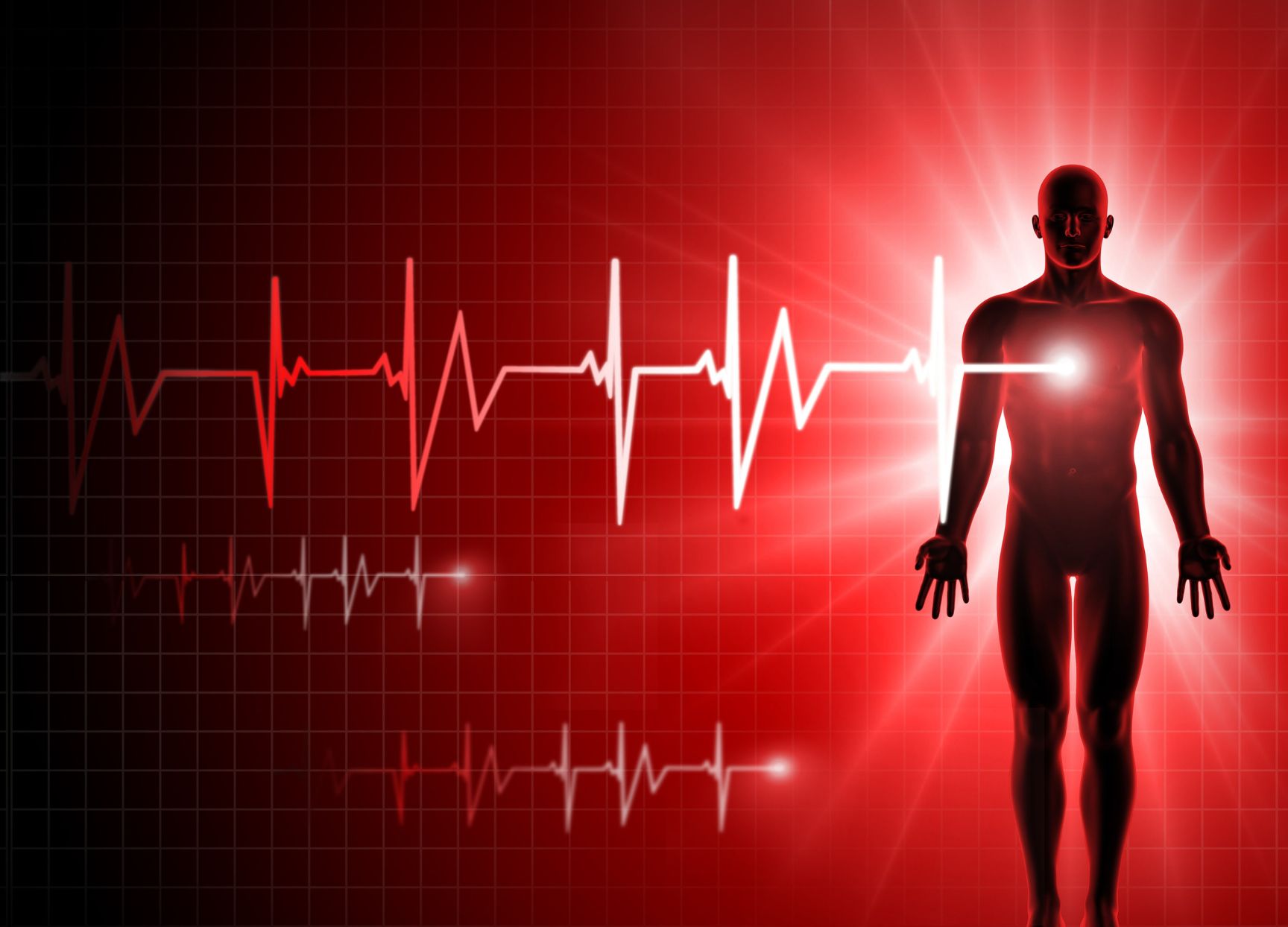Dr Aaisha Opel
Consultant Cardiologist and Electrophysiologist
Specialist expertise: Cardiac Electrophysiology, Cardiology, Electrophysiology, Heart Rhythm Disturbances including Atrial Fibrillation, Pacing and Syncope, Breathlessness, Long COVID, Palpitations, Atrial Fibrillation Ablation, Dizziness, Chest Pain, Blood Pressure, Cholesterol Disorders, Pacemakers, Syncope, Arrhythmias.

